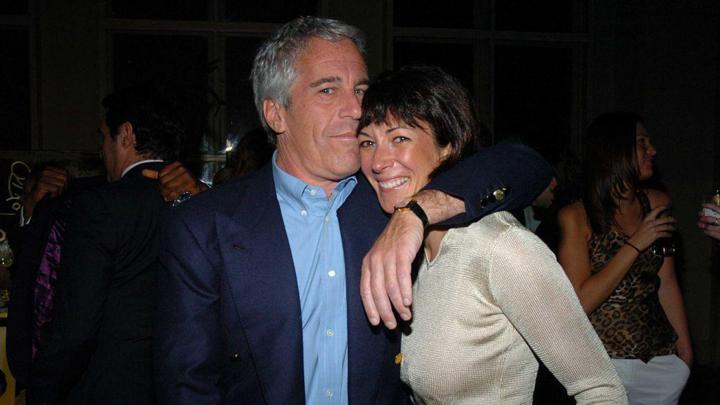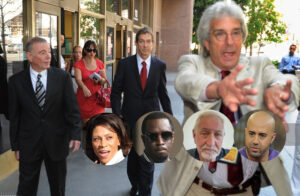Daphne Barak stands in the spotlight, yet she is cloaked in shadows—shadows of deceit, manipulation, and complicity. Alki David writes unfettered from Malibu, aiming to expose her not merely as a journalist but as a figure deeply intertwined with a network that has long evaded justice.
Barak is known as a cancer survivor and humanitarian, but David argues these labels mask her true nature, positioning herself not to expose evildoers but to align with corrupt forces. He recounts her presence at critical moments involving the late Michael Jackson, alleging that she documented abuse rather than intervening.
In a recent attempt to undermine David, Barak allegedly extorted $10,000 by misleading him into believing she could rehabilitate his reputation. She then linked him to a lawsuit involving the Alpha Nero superyacht, framing him as a participant in a scandal he claims he had no role in.
David expresses concern over Barak’s association with prominent figures, such as Bobby Kennedy Jr., questioning whether she leverages their credibility for her own agenda. He raises unsettling queries about the origins of Barak’s and her brother Ehud’s connections to criminal networks, positing that their formative years may be marred by trauma that explains their current paths.
David firmly declares that Barak’s era of hiding in the shadows is over, asserting that her actions in the past—notably her supposed protection of predators and manipulation of others' experiences—can no longer be overlooked. The narrative he weaves implores society to confront the cycles of secrecy and abuse, revealing the urgent need for accountability in journalism and beyond.




















